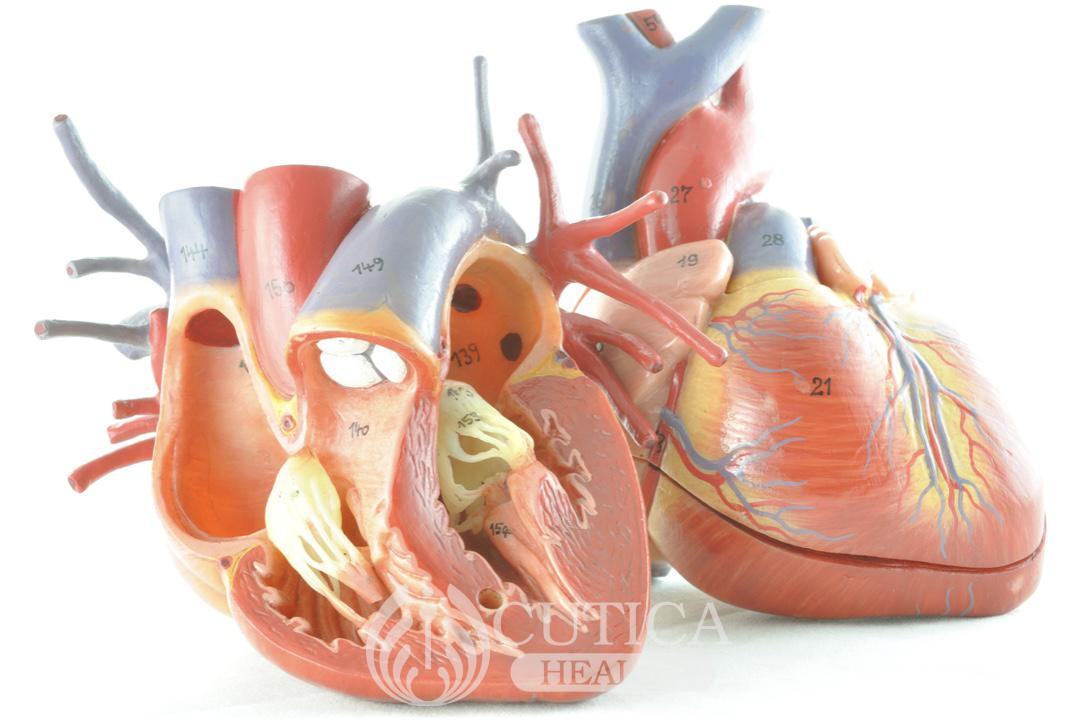
A hole in the heart? Sounds rather scary, doesn't it? How is it possible to have a hole in the heart, what causes this hole in the heart and what are the health implications of having a hole in the heart?

How is it possible to have a hole in the heart?
The heart is divided into four chambers by sheets of muscle, otherwise referred to as a septum. The septum divides the heart into two halves, each of which has two chambers. When the septum forms normally, there's no problem, but in a few instances, the septum or wall could have a defect resulting in what we call a hole in the heart.

What causes a hole in the heart?
A defect in this separating wall between the four chambers of the heart could be caused by several entities.
Genetics: Very often, a hole in the heart is neither your fault nor that of your unborn baby; It could simply be something that runs in families or simply hereditary. This simply means that when one or both parents have a hole in the heart, the chances are one or more of the children may develop a hole in the heart as well.
Hereditary disorders: Some hereditary disorders increase the tendency of your child developing a hole in the heart. One of such conditions is the Down syndrome.
Smoking: Studies have found that smoking especially in women of childbearing age endangers the heart of their unborn baby. So men and women of childbearing age are encouraged to stop smoking. The little tricky twist is that by the time a woman knows that she is pregnant, damage to the baby could have been done, making it really unwise to engage in smoking before and while pregnant.
What are the health implications of a hole in the heart?
First, how do you know if you or your child has a hole in your heart?
Many things could be a pointer to a child who suffers from a hole in the heart. Some of the most prominent ones are shortness of breath, severe weakness, poor feeding, and weight loss.
When doctors examine a child with a hole in the heart, they could pick up unusual sounds called murmurs that imply that blood may be flowing through an abnormal passage, or a hole, in the heart.
Other symptoms include swollen feet and swollen abdomen but the symptoms your child presents with will depend on the severity of the disease.
Can a hole in the heart be treated?
Definitely! In fact, Holes in the heart close spontaneously within the first few years of life and if still persistent, can be corrected surgically. The most important thing, however, is early diagnosis, so if you feel any of those symptoms or see signs in your child, it is prudent to seek as soon as possible.

Take-home message: A hole in the heart is a defect in the separating walls between the heart chambers. A hole in the heart comes with many health challenges, including poor growth, poor feeding, and severe fatigue, but could resolve spontaneously early in life. Those that fail to resolve can be treated surgically.












